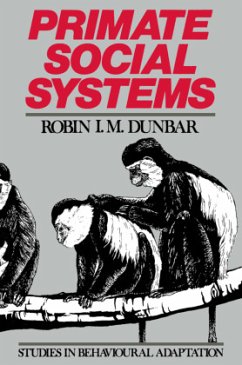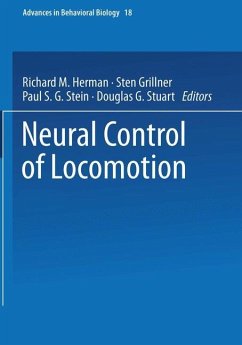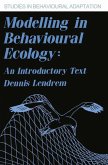This book grew from small beginnings as I began to find unexpected patterns emerging from the data in the literature. The more I thought about the way in which primate social systems worked, the more interesting things turned out to be. I am conscious that, at times, this has introduced a certain amount of complexity into the text. I make no apologies for that: what we are dealing with is a complex subject, the product of evolutionary forces interacting with very sophisticated minds. None the less, I have done my best to explain every thing as clearly as I can in order to make the book accessible to as wide an audience as possible. I have laid a heavy emphasis in this book on the use of simple graphical and mathematical models. Their sophistication, however, is not great and does not assume more than a knowledge of elementary probability theory. Since their role will inevitably be misunderstood, I take this opportunity to stress that their function is essentially heuristic ratherthan explanatory: they are designed to focus our attention on the key issues so as to point out the directions for further research. A model is only as good as the questions it prompts us to ask. For those whose natural inclination is to dismiss modelling out of hand, I can only point to the precision that their use can offer us in terms of hypothesis-testing.








